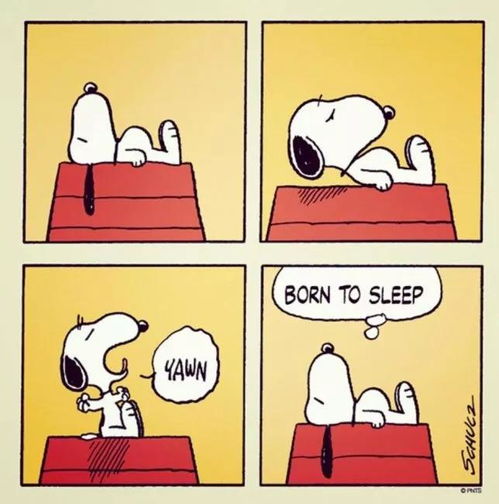
The

Surprising Origins of the Tooth Fairy
The Tooth Fairy is a beloved mythical figure who is known for leaving small gifts or money under children's pillows in exchange for the teeth that they have lost. But where did this tradition originate from?
Believe it or not, the Tooth Fairy can be traced back to ancient Norse mythology. In Norse culture, the Scandinavian goddess Hel was responsible for ruling over the dead and presiding over the afterlife. The legend goes that parents would bury their children's lost baby teeth in order to keep them safe from Hel's wrath. This was done with the belief that Hel was searching for any bits of a person's body that were left behind in order to maintain their dominion over the dead. By hiding baby teeth, parents could ensure that their children would not be claimed by Hel in the afterlife.
Fast forward to the early 1900s, when the Tooth Fairy as we know her today started to make an appearance in popular culture. In 1927, Esther Watkins Arnold published a three-act play called "The Tooth Fairy," which was the first written mention of the Tooth Fairy in American literature. Arnold's version of the Tooth Fairy was a tiny fairy who left gifts as a reward for children losing their teeth. This version of the Tooth Fairy began to appear in other works of literature and cartoons, and by the 1950s, the Tooth Fairy had become part of mainstream American culture.
Today, the Tooth Fairy continues to be a beloved character who is the subject of children's stories, movies, and TV shows. In fact, according to a study by Visa, the average amount of money left by the Tooth Fairy in 2020 was $4.03 per tooth, which is a significant increase from the mere 25 cents left in the 1970s.
So the next time your child loses a tooth, you can share the origins of the Tooth Fairy and impress them with your knowledge of this fascinating tradition. And who knows, maybe they'll leave a little extra cash or a special treat for the Tooth Fairy in hopes of receiving a bigger reward in return!